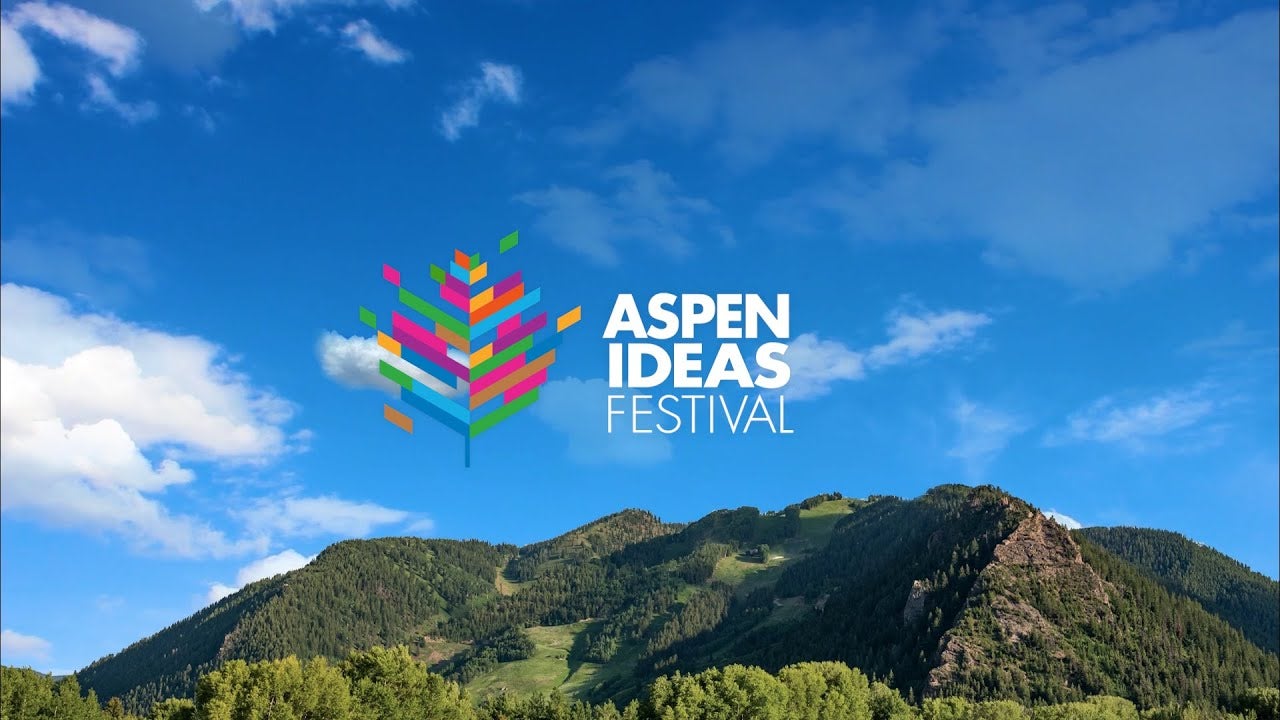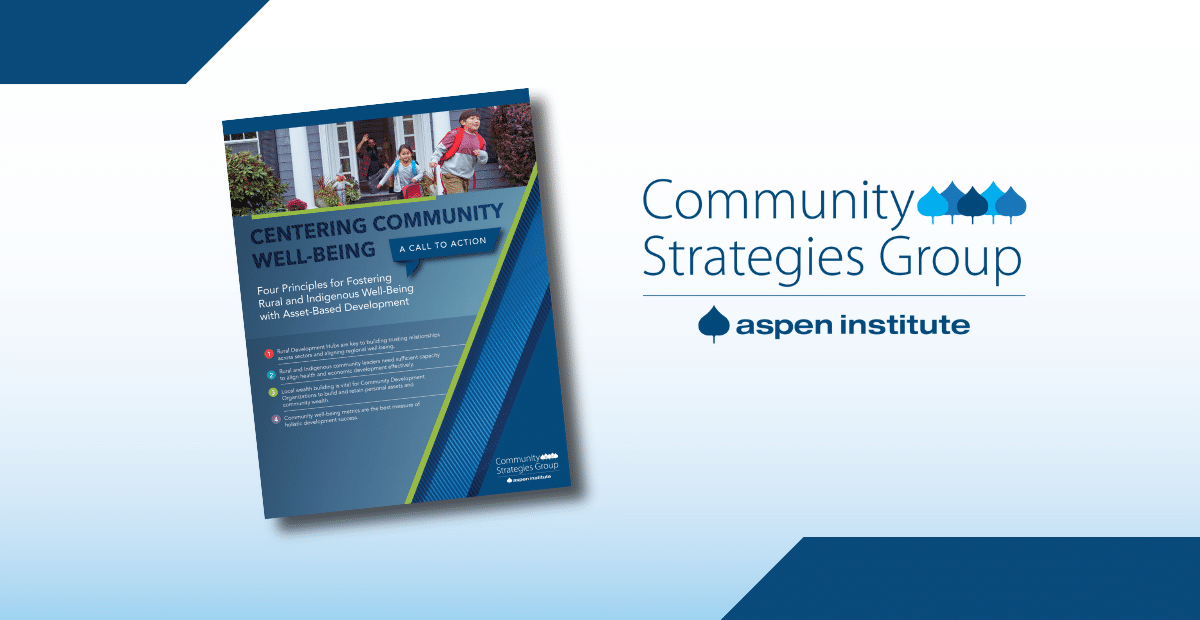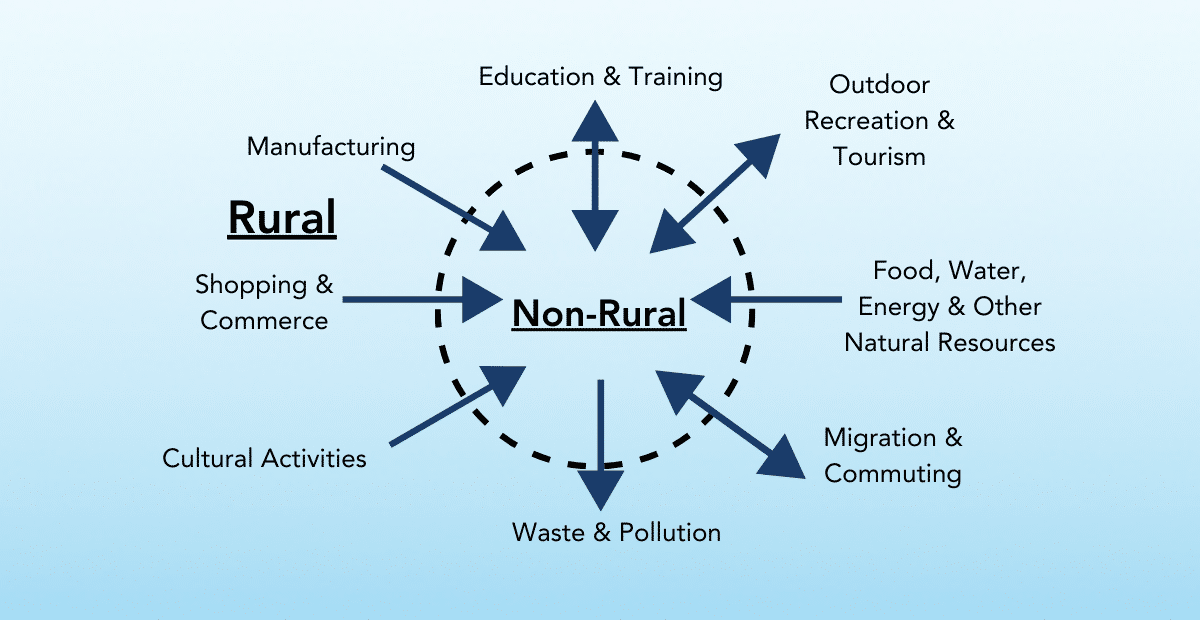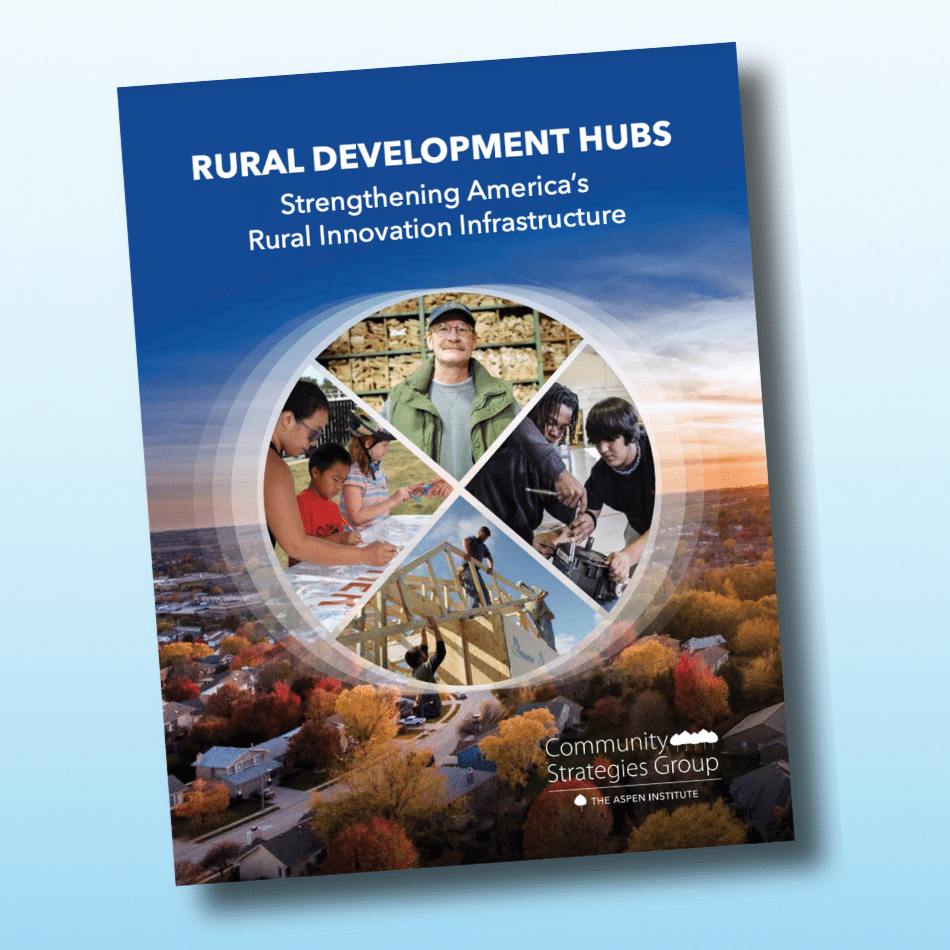Driving around my hometown of Truckee, California, I reflect on my time at the Aspen Ideas Festival this past week and how I can share the experience with this rural mountain region. My community isn’t much different than Aspen, with breathtaking landscape, a passionate community of outdoor enthusiasts, and unique challenges that threaten our rural towns across the country.
In 2019, the Aspen Institute Community Strategies Group recognized our Tahoe Truckee Community Foundation as a Rural Development Hub. This recognition acknowledged the hard work of our Community Foundation to answer a “higher calling” than prioritizing our assets under management in donor-advised funds and endowments. This means that we measure success by the impact on the ground. We see our role in facilitating vision by collaborating with on-the-ground partners to remove barriers and manifest solutions. Our philanthropy plays a critical role in this work, however, it is not the driver, nor is it the primary capital from which we work. It is from this recognition that I was nominated as an Aspen Ideas Festival Fellow and was invited to attend.
The Aspen Ideas Festival offered a wide range of topics to explore with some of the leading thinkers in their fields. Among all the sessions I attended, there were some stand-out takeaways to bring back home:
During the Aspen Institute’s Youth Challenge, we were introduced to passionate teams of high-school students that are taking on some of our toughest challenges like climate change, gun violence, and access to child care. With a basic framework, some funding to execute, and some youthful energy, these teams developed tangible ways to educate and engage their communities and build scalable solutions. My takeaway: Engage those most impacted by the challenge to create the solutions.
In a tribute to Secretary Madeleine Albright and her contributions to the Aspen Institute and her legacy to the world, her daughter and close colleagues shared stories of her life and how it informed her leadership. Rising up from the stories was a common theme in which, during the darkest times and toughest challenges, she had very little tolerance for whining and despair. She would pause, go to her chapel or the book store, and then get to work. When reflecting on the multiple crises facing humanity, including war, pandemic, climate change, and a civil liberties crisis, and my own community’s challenges around mental health, homelessness, and catastrophic wildfires, my takeaway is: As leaders, we must take the time to center ourselves, find our perspective, and take action.
In the closing session, we were mesmerized by the musical performance of three students of the Afghanistan National Institute of Music. We learned of the effort to get the students out of Afghanistan when music was made illegal in the country. The life and death stakes were shared, along with the heroic efforts of those who cared. Networks were tapped, people stepped up, and every single student was moved to safety. Today, the efforts continue to help their families and retrieve their instruments. As they played a song from their homeland, I was reminded of the universal language that resides in music and the truly horrific reality in which a government can imprison or kill someone for playing music. My takeaways: Arts connect communities in powerful ways; and stories inspire action.
As I explored the beautiful campus between sessions, I often navigated to the other Fellows. The Fellows were represented mostly by Millennials, Gen-Z, and BIPOC leaders. They were often from an impressive academic background and were on a rocket ship to the top of their fields. Visiting with them, I was inspired by their vision, practical perspective, and intense desire to disrupt systems. I was keenly aware of how high the stakes are for them and their leadership. My conversations with many of them revealed a collective purpose to serve humanity in a way that rebalances leadership and redistributes resources to better serve our communities. My takeaway: Let them lead!
Every day, I wake up wondering how I can contribute to making the world a better place. The Aspen Institute has developed a magical formula that involves an inspiring backdrop with comfortable surroundings and yummy food to bring together community leaders, policymakers, artists, influencers, and entrepreneurs to learn from one another, share stories, and make a better future possible for all.
Stacy Caldwell, CEO
Tahoe Truckee Community Foundation







